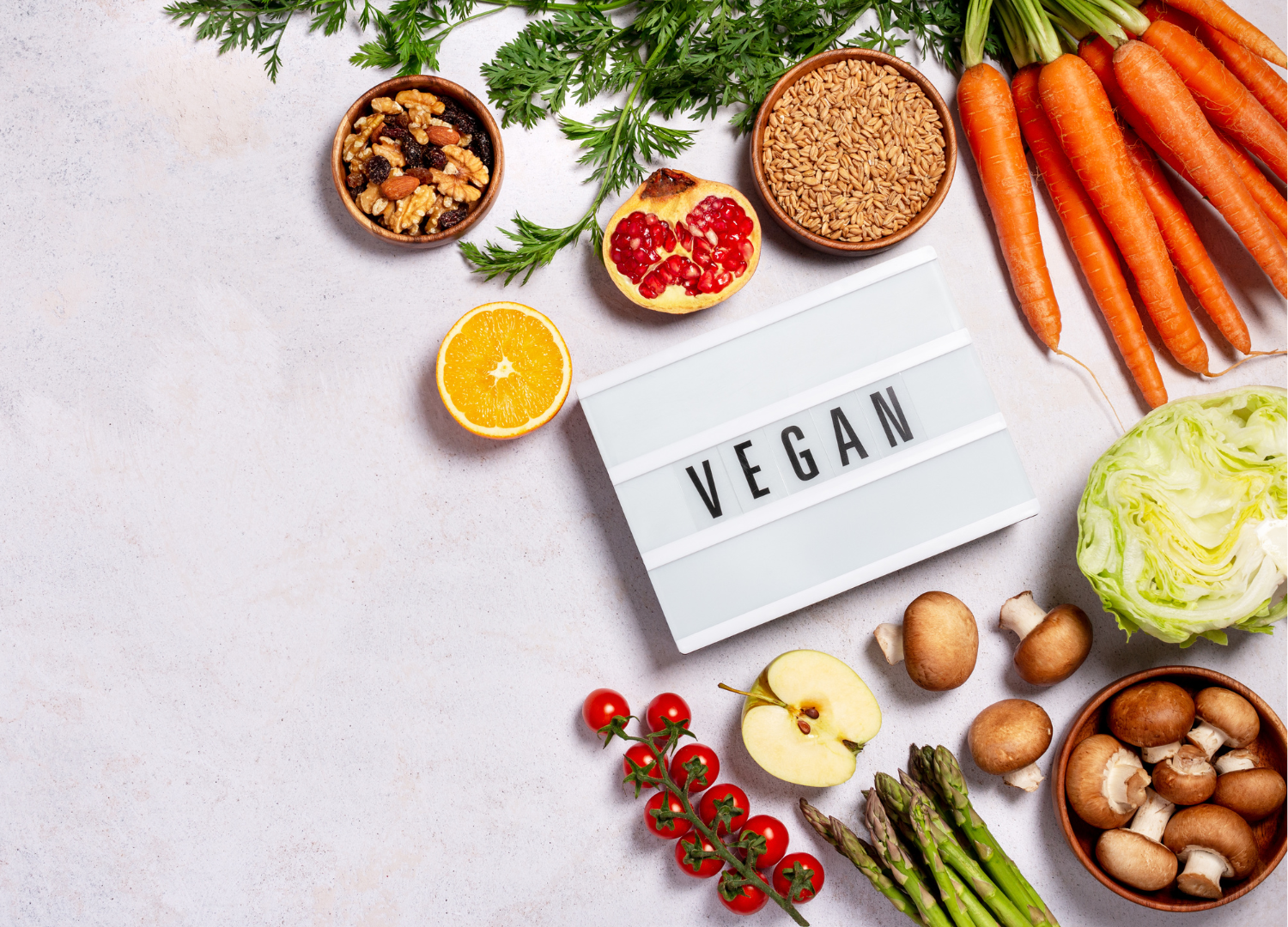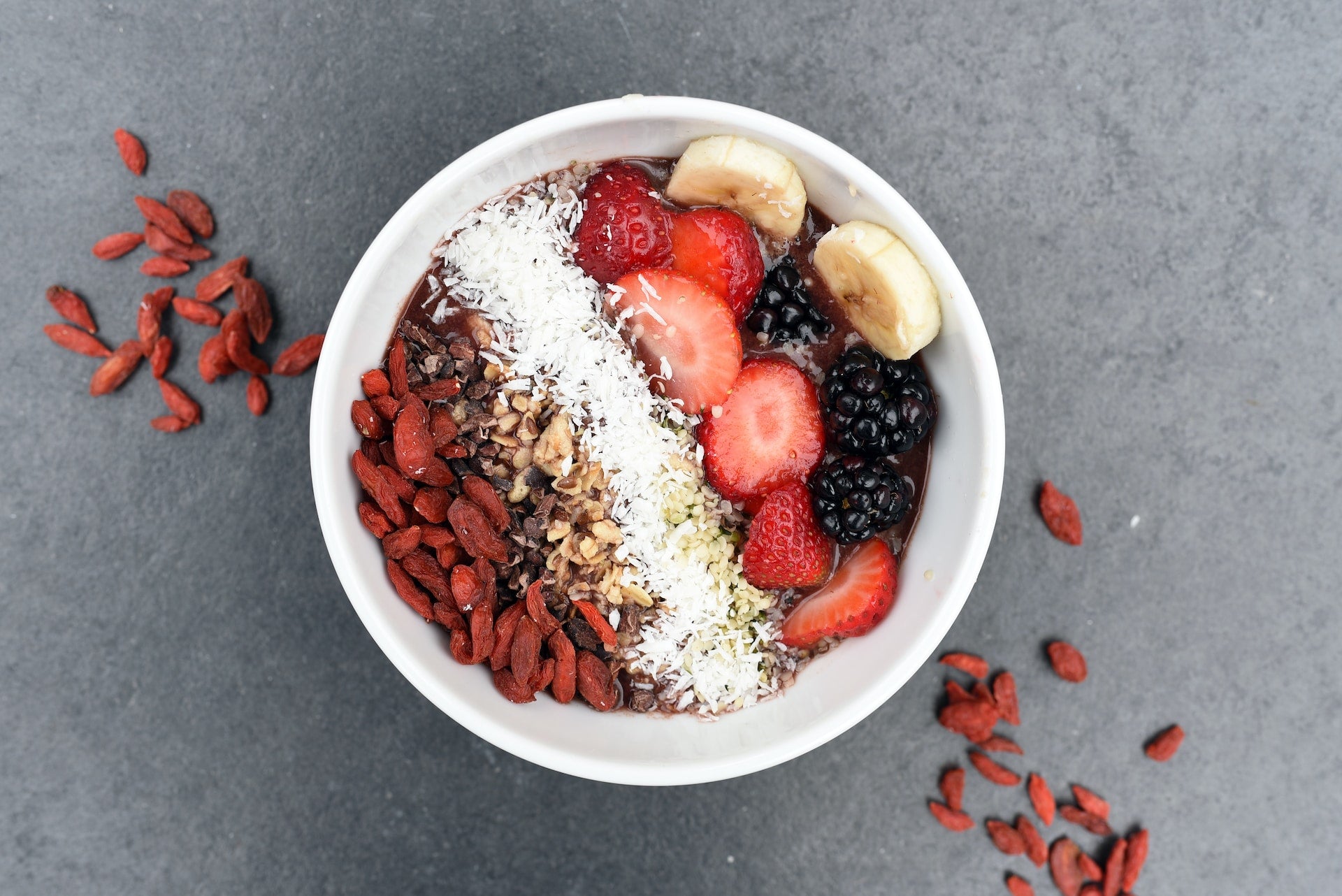Debunked Myths About Going Vegan

Curious about veganism, but unsure about the benefits? Read on to uncover the truth behind common myths and discover the benefits of a plant-based lifestyle with Living Juice! Get ready to separate fact from fiction and make an informed decision.
What is veganism?
Veganism refers to a lifestyle diet in which an individual excludes the consumption of animal products due to moral, environmental, or health reasons. Veganism originated in 1944 when a small group of vegetarians broke away from the Leicester Vegetarian Society in England and formed the Vegan Society in order to push the animal welfare agenda further. According to research done in the UK, veganism has recently gained popularity amongst individuals across the world, with the number of people following a vegan diet increasing by 350% in just 10 years.
As a part of the lifestyle, vegans abstain from consuming any animal-derived products, including meat, dairy, eggs, and honey, while prioritizing plant-based products like fruits, vegetables, legumes, tofu, and vegan substitutes for common foods like cheese, milk, and even meat. While veganism may seem like an intricate and restrictive lifestyle, much of what is said about the diet is actually untrue.
Accordingly, here are four debunked myths about vegans:
(1) Vegans are malnourished
One of the greatest concerns that people have when considering a vegan diet is consuming a lack of protein, which could subsequently lead to malnourishment. However, as opposed to common belief, meat products are not the only way for humans to gain protein. In fact, there are a plethora of plant-based protein sources available, including lentils, tofu, soy, pulses, quinoa, peanuts, cashews, almonds, pistachios, walnuts, and more. Moreover, fruits, vegetables, legumes, and grains can help vegans consume necessary vitamins and minerals as well. So, with the right priorities and proper planning, it is more than possible to meet nutritional needs as a vegan.
(2) Vegan diets are not filling
A common misconception about vegan diets is that vegan food cannot be filling or satisfying. However, with appropriate balance, plant-based meals can actually be filled with fiber and protein, both of which promote satiety and fullness. Granted, it could take a few weeks or months for a person’s body to adjust to a lack of meat and dairy products, but once the transition has been completed, it is simple to incorporate nutritional powerhouse foods, such as tofu, legumes, nuts, vegetables, quinoa, or more in order to have delicious, nutritionally balanced meals.
(3) Veganism has no health benefits
Similarly to a meat-based diet, veganism has the potential to be incredibly healthy. As previously discussed, it is all about planning: with the proper balance of protein, fat, and carbs, any diet can be healthy – veganism included. Moreover, veganism can also have benefits over a diet with animal-based products. In particular, it can promote weight loss, lower cholesterol levels and improve heart health, lower hemoglobin A1C levels which are linked to diabetes, and protect against colon cancer.
(4) Vegan diets are not budget-friendly
While there are certain brands and products that overprice certain vegan foods, in general, plant-based products such as fruits, vegetables, beans, and nuts are typically cheaper than meat-based products like steak since they serve as “staple items.” The key to managing a vegan diet on a budget is to avoid overly processed vegan foods like meat alternatives, for example. When you focus on buying whole, unprocessed foods, not only do you save money, but you also increase health benefits as well.

Summary
Ultimately, as a sustainable, healthy diet, veganism has the potential to change your lifestyle and provide a range of benefits to the human body. In the near future, it is important to continue debunking myths about veganism and spread awareness about the numerous health benefits it can provide. Every little step counts!




